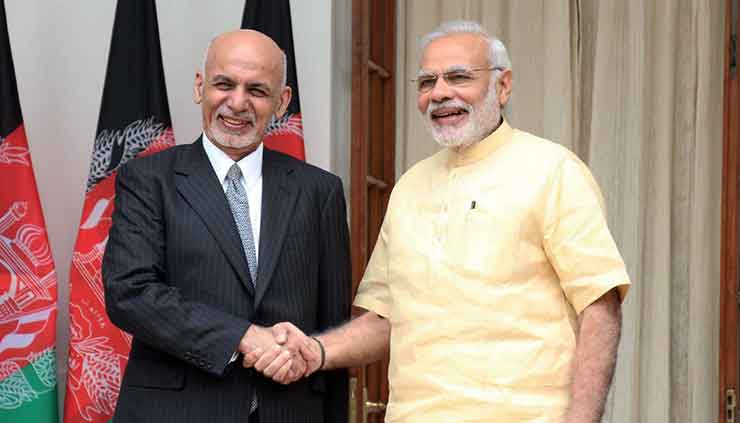
New Delhi: A day after it emerged that India is finally on the table with five other countries to decide on the roadmap for peace in Afghanistan after six months of hectic behind-the-scenes diplomacy, Russia said that India plays a “very important role” in Afghanistan, and its “eventual deeper involvement” in dedicated dialogue formats is “natural.”
In an official statement, the Russian embassy said, “Dialogue between Russia and India has always been very close and forward-looking on all global and regional issues, including the situation in Afghanistan.”
It has been intensively maintained in bilateral and multilateral formats, including the SCO-Afghanistan Contact Group, Moscow consultations, it said.
“Due to the complexity of the Afghan settlement, moving towards a relevant regional consensus and coordination with other partners, including the US, is critical. We proceed from the importance of the implementation of the US-Taliban agreement signed in Doha in February 2020 and approved by a UN Security Council resolution,” the statement said.
“Russia always stated that India plays a very important role in Afghanistan, and its eventual deeper involvement in dedicated dialogue formats is natural,” the statement said.
Moscow’s statement pointed out that India can “eventually” join, which New Delhi views as a sort of delaying the inevitable. Washington recognised the urgency of including India on the table.
Sources said that Russian interlocutors — amid growing proximity between Moscow and Beijing — suggested that Russia, China, US, Pakistan and Iran should be on the table. This, officials said, was apparently done at the behest of Pakistan, which has never wanted India to be part of any roadmap for the region.
But New Delhi, for long on the sidelines, reached out to all key players in Afghanistan and other countries to make its way to the negotiating table.
New Delhi’s diplomatic spadework, sources said, included talks during the visits to India by former Afghan Vice President Abdul Rashid Dostum in September last year; and by former Afghanistan Chief Executive Officer Abdullah Abdullah (now chair of High Peace Council) and Afghan leader Ata Mohammad Noor in October.
This was followed by a quiet trip to Afghanistan by NSA Ajit Doval in January this year, when he met Kabul’s political leadership.
What also helped, sources said, is New Delhi’s engagement with Iran and its strategic investment in developing the Chabahar port as an access to Afghanistan.








